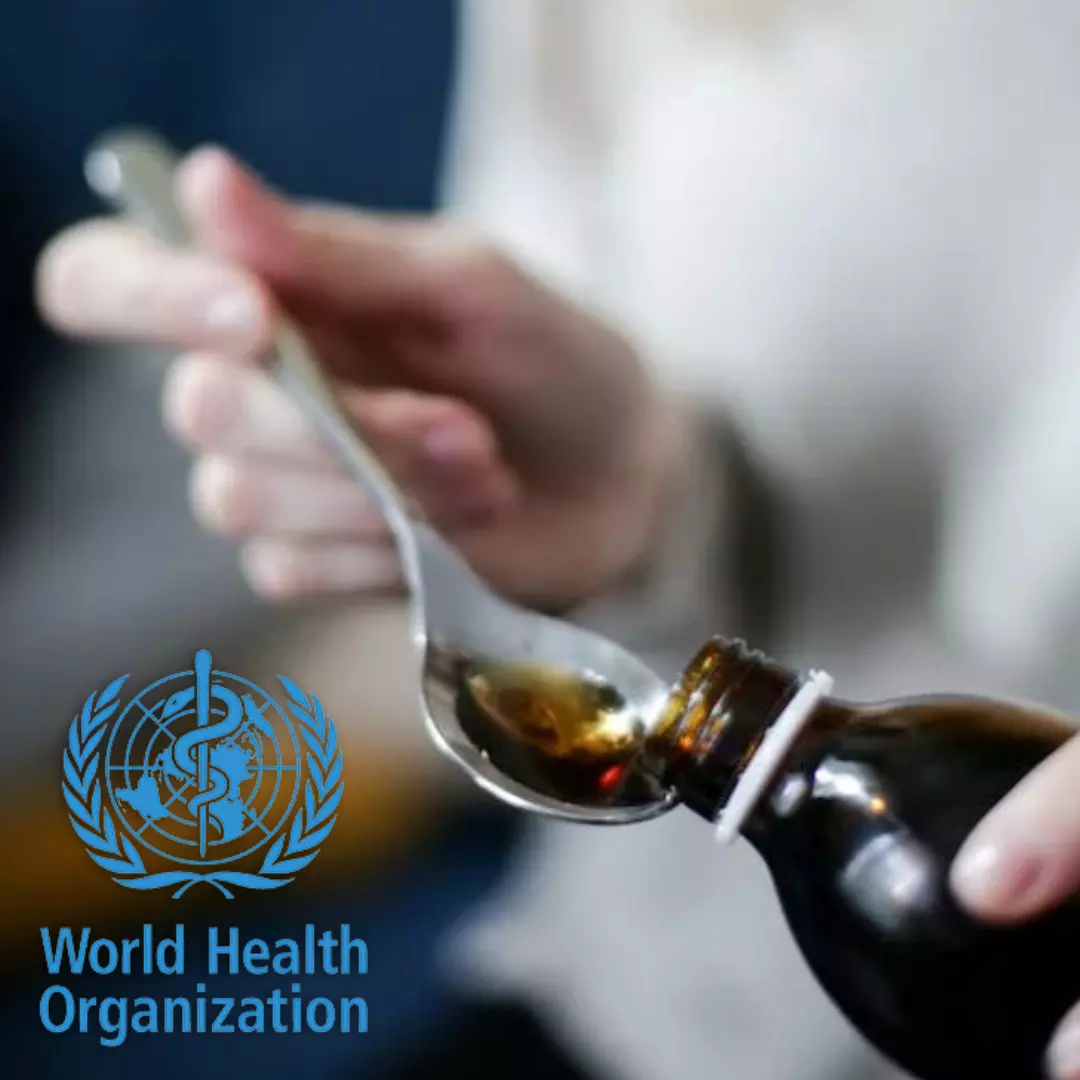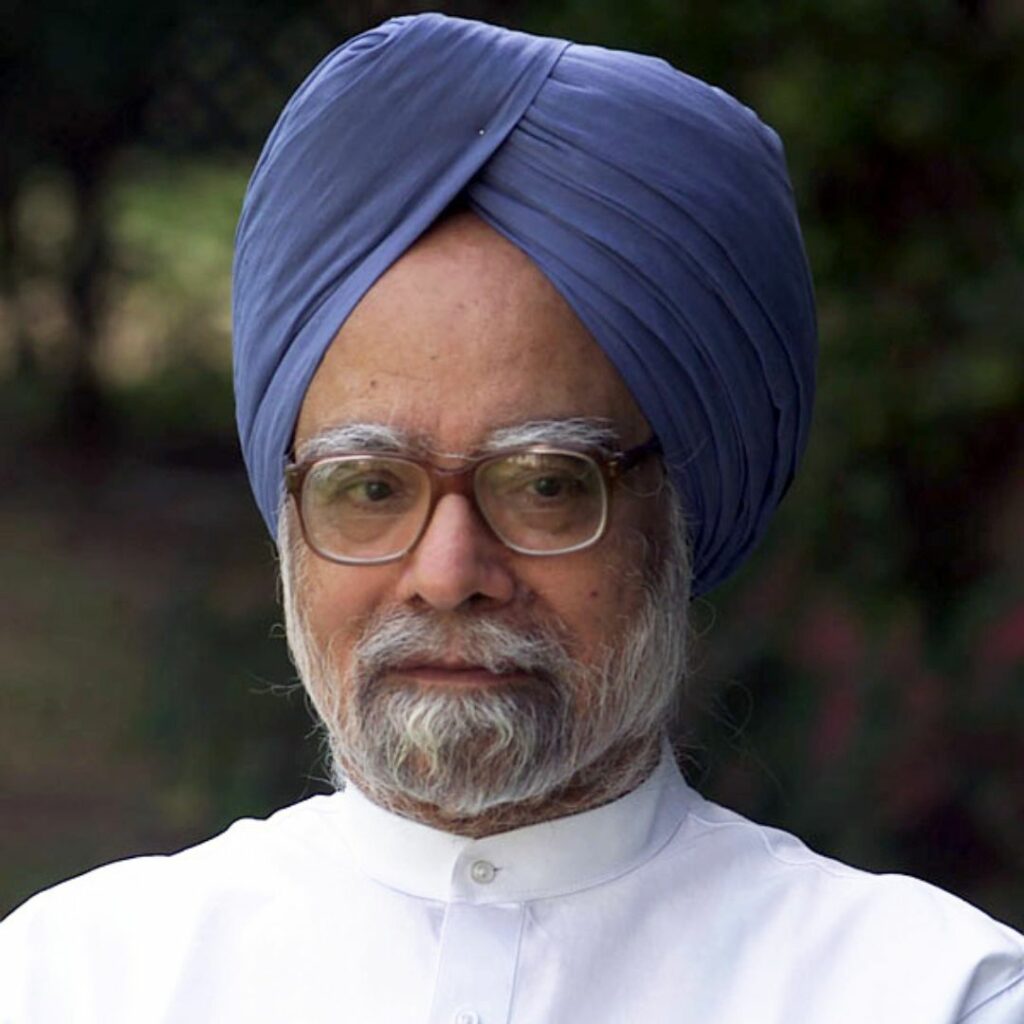The World Health Organization (WHO) has issued an alert regarding a batch of Cold Out syrup, a common cold medication manufactured in India. This marks the fifth time in the past year that the WHO has raised concerns about syrup medications produced in India. The alert was specifically related to a batch of the syrup produced by Fourrts (India) Laboratories for Dabilife Pharma, an Indian company. Samples from this batch obtained in Iraq were found to contain elevated levels of contaminants such as diethylene glycol and ethylene glycol.
These substances, when present in high amounts, can have adverse effects on health, including causing vomiting, convulsions, circulatory system issues, and acute renal failure. The acceptable safety limit for these contaminants is no more than 0.10%. The WHO highlighted that neither the manufacturer nor the marketer of the syrup have provided assurances about its safety, as per a report in The Business Line.
While there have been no reported illnesses related to Cold Out in Iraq so far, the country’s health ministry had previously stated that the syrup had failed tests and was being confiscated from the market.
WHO’s Manufacturing Practice System
Deaths related to toxic cough syrups have raised significant concerns and garnered international attention. In October, the World Health Organization (WHO) issued a global alert regarding four cough syrup medicines manufactured by Maiden Pharmaceuticals. The Gambian authorities had linked 66 deaths, many of which were due to acute kidney failure, to these four medicines. This raised concerns about the safety and quality of these products.
In December, the WHO recommended against using two cough syrups produced by Indian pharmaceutical company Marion Biotech. This recommendation came after Uzbekistan’s health ministry reported that 18 children died after consuming the Dok 1 Max syrup manufactured by the company.
In April, another Indian pharmaceutical company, QP Pharmachem Limited from Punjab, was found by the WHO to have exported contaminated cough syrup to the Marshall Islands and Micronesia. Trillium Pharma, based in Haryana, marketed the product.
WHO’s good manufacturing practice system is aimed at ensuring that products are “consistently produced and controlled to the quality standards appropriate to their intended use and as required by the marketing authorisation”.
Health Minister Mansukh Mandaviya said that companies with a turnover of over Rs 250 crore will have to implement the 2018 guidelines within six months, while medium and small-scale enterprises with a turnover of less than Rs 250 crore will have to implement them within a year.
Children’s Death Reported In Gamibia
The World Health Organization has called for “immediate and concerted action” to protect children from contaminated medicines after a spate of child deaths linked to cough syrups last year.
In 2022, more than 300 children – mainly aged under 5 – in the Gambia, Indonesia and Uzbekistan died of acute kidney injury, in deaths that were associated with contaminated medicines, the WHO said in a statement.
The medicines, over-the-counter cough syrups, had high levels of diethylene glycol and ethylene glycol.
WHO has raised concerns about substandard quality in several batches of cough syrups produced in India, containing toxic contaminants diethylene glycol and ethylene glycol, used in industrial solvents and antifreeze agents.
“These contaminants are toxic chemicals used as industrial solvents and antifreeze agents that can be fatal even taken in small amounts, and should never be found in medicines,” the WHO said as per a report in The Guardian.
The WHO issued specific product alerts for cough syrups manufactured by Indian companies Maiden Pharmaceuticals and Marion Biotech, which are linked to deaths in the Gambia and Uzbekistan, respectively.
The WHO has urged its 194 member states to take coordinated action to prevent further deaths. It has also emphasized the importance of ensuring that medicines for sale are approved by competent authorities. Other countries potentially affected by these substandard cough syrups include the Philippines, Timor Leste, Senegal, and Cambodia. The concerned companies have either denied contamination or are awaiting the results of ongoing investigations.
Last week, the Centre issued deadlines to drug manufacturers in India to adopt the WHO’s good manufacturing practices.
Also Read: Tech Companies To Reduce Hiring By 40% In This Fiscal Year
https://thelogicalindian.com/h-upload/2023/08/08/500x300_232823-web-35-2.webp
Trending
2023-08-08 12:02:51.0
WHO Issues Alert Over Another Indian- Made Cough Syrup, Raises Quality Concerns











